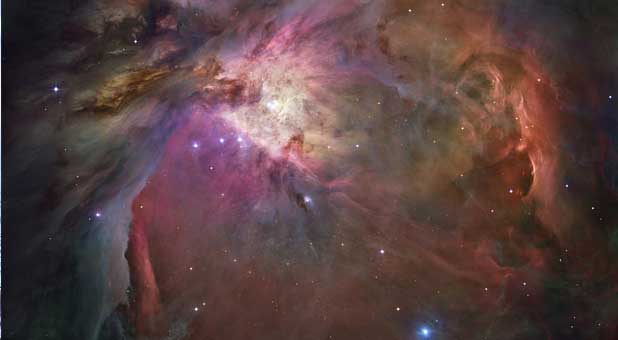New research bears bad news for the Big Bang theory of the universe’s origin.
Scientists at King’s College in London have found that the current model of the Big Bang would have resulted in a universe that collapsed soon after its formation.
According to the researchers, the rapid cosmic expansion physicists would expect to see after the Big Bang would have caused a good bit of turbulence—a situation worsened, not helped, by the so-called “God particle.”
This “God particle,” the Higgs boson, should have crushed our universe, shifting it into a lower energy field in which collapse would have been inevitable.
While it is doubtful astrophysicists will discard the Big Bang model, it might suffer a worse fate: the death of a thousand qualifications.
“When we hear the term Big Bang theory, many people assume it was conceived in its present form and has remained unassailed ever since. In reality, it is a very pliable model,” wrote Answers in Genesis scientist Dr. Danny Faulkner in September 2013. “Several assumed variables in the equations have been changed to make the numbers match new findings. Today’s Big Bang model little resembles the one your grandfather learned, and it is likely to continue morphing.”
Conversely, the idea of the “God particle” doesn’t really present a problem for creationists. According to them, the Higgs particle tells us about how the universe works now—not necessarily how it originated.
“The Higgs boson particle probably does exist. God upholds the creation with the power of His word, and I think this is just a humanly seen manifestation of that,” Faulker said.
Within the creationist system, it is not surprising that godless models of creation come up short. The universe not only requires an ultimate causeless cause, but a constant sustainer keeping it in existence.
Hebrews 1:3a states of Christ, “He is the radiance of the glory of God and the exact imprint of his nature, and he upholds the universe by the word of his power.”














































